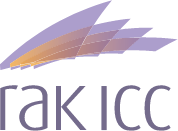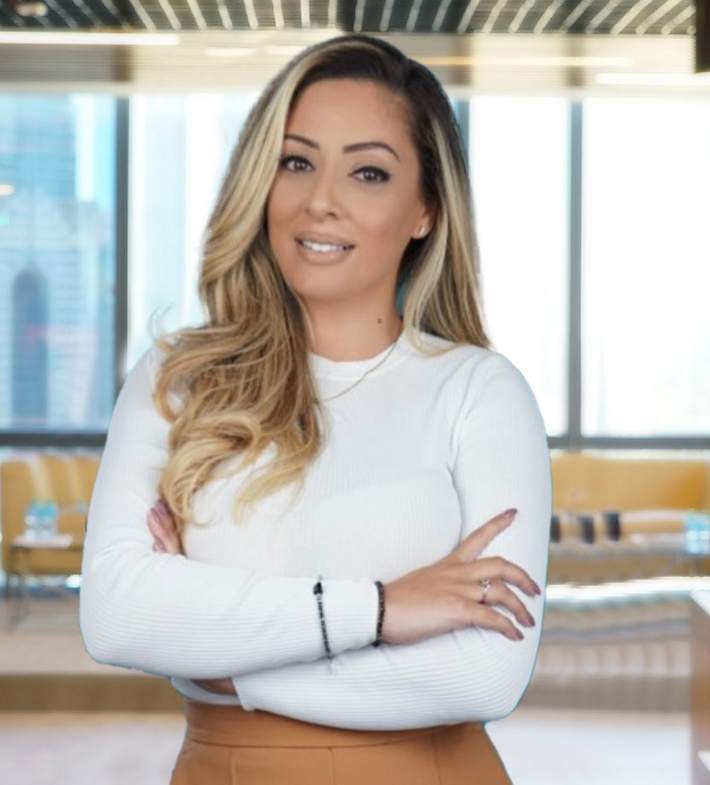
UAE SPVs, Foundations
and Trusts
All You Need to Know
GET IN TOUCH
UAE SPVS, Foundations, and Trusts are three different legal entities having different legal structures. But when it comes to holding and protecting assets and legacy planning, they all play a similar role. Here’s all you need to know about the three different types of entities in the UAE.



















